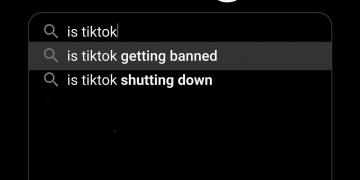Check our wiki on this topic
Surveillance
Wiki
Surveillance is a mode of power based on the detailed and totalized observation of behavior. It is the prevailing form of power developed and deployed in modernity
Panopticon
Wiki
The panopticon is a structure of power-knowledge, used by Michel Foucault to describe a system in which totalized surveillance can be organized.
Surveillance capitalism
Wiki
Surveillance capitalism is an economic order and logic that claims human experience and behavior as free raw material for commercial practices of extraction, prediction, and sales.







